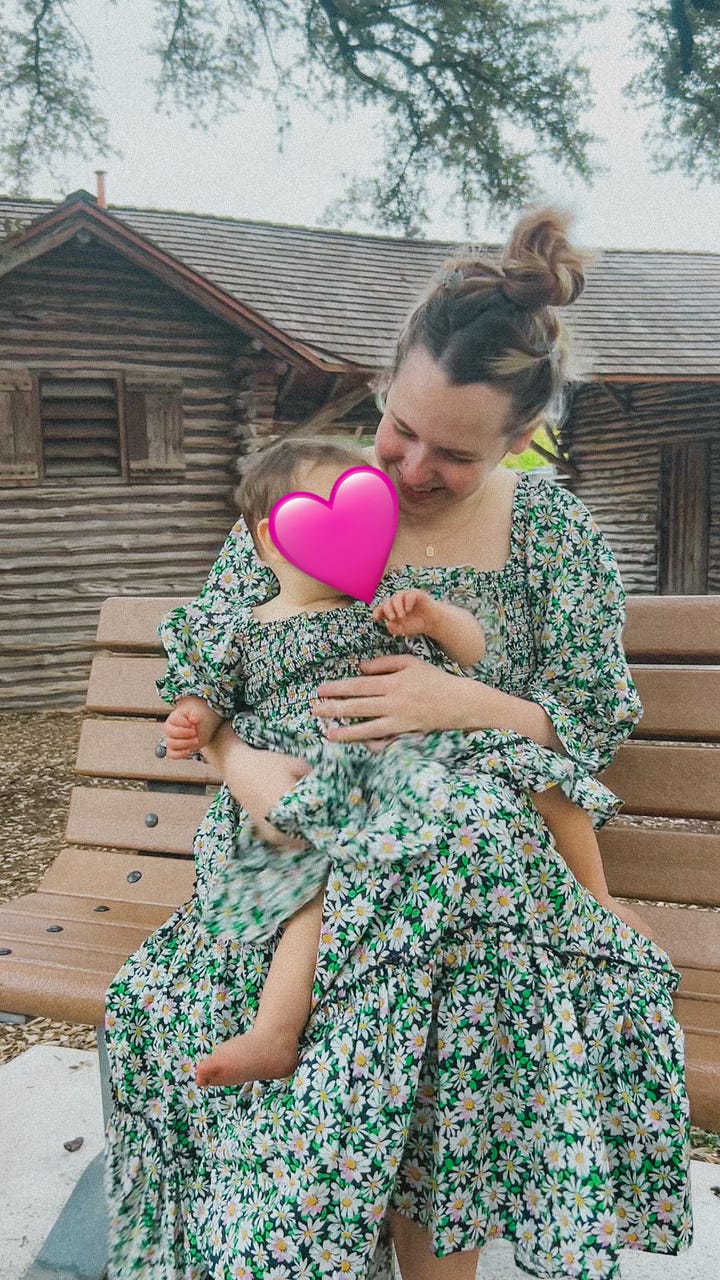I’m a mother who lives in Texas. So was Josseli Barnica. She liked dressing her family in matching outfits. So do I.


I had a miscarriage in 2022. Josseli had one in 2021. But unlike me, Josseli died from an infection caused by being denied treatment for that miscarriage.
The fetus was on the verge of coming out, its head pressed against her dilated cervix; she was 17 weeks pregnant and a miscarriage was “in progress,” doctors noted in hospital records. At that point, they should have offered to speed up the delivery or empty her uterus to stave off a deadly infection, more than a dozen medical experts told ProPublica.
But when Barnica’s husband rushed to her side from his job on a construction site, she relayed what she said the medical team had told her: “They had to wait until there was no heartbeat,” he told ProPublica in Spanish. “It would be a crime to give her an abortion.”
For 40 hours, the anguished 28-year-old mother prayed for doctors to help her get home to her daughter; all the while, her uterus remained exposed to bacteria.
Three days after she delivered, Barnica died of an infection.
I want to emphasize that this happened in 2021, while Roe was still in place. While Roe was still in place, people in Texas were being denied care because of SB8 - a state law that banned abortion care after 6 weeks of pregnancy (before most people even realize they’re pregnant). It also put a $10,000 bounty on anyone who “aids and abets abortion” enforced by private citizens, but that’s a story for another day. Roe was never enough, will never be enough.
Middle of the road hand-wringers will tell you that there has to be some line. That there have to be some rules, otherwise who knows what could happen. But we already know what happens when access to abortion care is restricted. Pregnant people suffer. Families suffer.
What about exceptions? Exceptions don’t work. These effects of these policies make no distinction between people who want to be pregnant and people who don’t. You are not safe because you planned to continue the pregnancy. Abortion bans and restrictions cause healthcare workers and hospitals to deny or delay care that they are ethically bound to provide. They can even become agents of the state directly - reporting people who allegedly self-manage their abortions to the police.
My father died suddenly when I was a baby - I know what it’s like to grow up with a big hole in your life. When I think about how Josseli was stolen away from her baby, my throat constricts. The ripples of loss are staggering. She won’t be there to go trick or treating this Thursday (she wasn’t there for the previous 3 years either). Her best friend can’t text her. She’ll never get to have the big family she wanted.
Remember those hand-wringers I mentioned? They’ll say these restrictions exist to protect families - abstractly, of course. But we’re watching actual mothers die, actual families broken. This wasn’t inevitable. These laws killed her.
After reviewing the four-page summary, which included the timeline of care noted in hospital records, all agreed that requiring Barnica to wait to deliver until after there was no detectable fetal heartbeat violated professional medical standards because it could allow time for an aggressive infection to take hold. They said there was a good chance she would have survived if she was offered an intervention earlier.
Josseli should be here with her family. So should Amber Thurman, Candi Miller, and Savita Halappavanar. So should the many others who we’re just learning about now, years after the fact.
There’s no such thing as a “reasonable” restriction on abortion care. Any restriction on abortion care is harmful. All restrictions on abortion care put all pregnant people at risk.



Love your work Becca! I’d love for you to talk on Black maternal health crisis as well as abortion access as it is intersectional with this conversation you’re raising. As a Black mother who survived preeclampsia and postpartum preeclampsia, it is crucial that white women and femmes join this fight for better access for Black birthing bodies. Thanks !